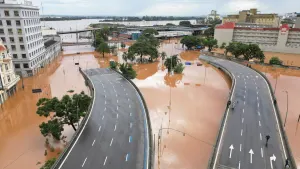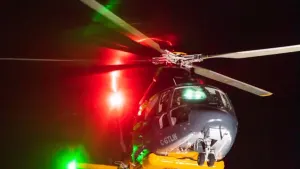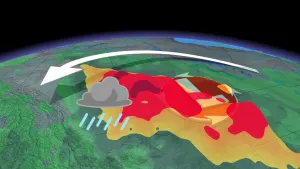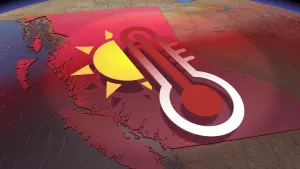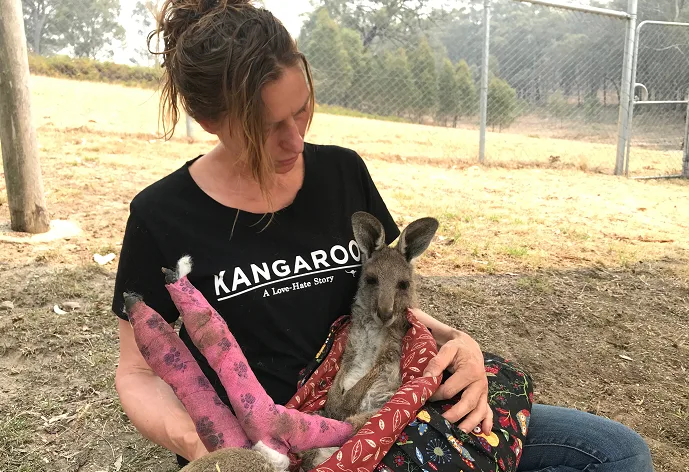
An estimated 500 million animals killed in Australia's bushfires
At least 11 people have been killed by the fires.
Ecologists from the University of Sydney estimate that 480 million mammals, birds, and reptiles have been lost since Australia's bushfires began in September, news.com.au reports.
That number is expected to climb further following a deadly week in Victoria and the NSW South Coast, prompting the NSW state government to declare a state of emergency with more than 200 fires burning in the area. Kosciuszko National Park, home to several wildlife species, has issued an evacuation order with 130,000 hectares of the already park destroyed.
Experts say koalas are one of the hardest-hit species because they move slowly and are found near oil-rich (and highly flammable) eucalyptus trees.
On Friday Australia's federal environment minister Sussan Ley said upwards of 30 per cent of NSW's koalas are likely dead because “up to 30 per cent of their habitat has been destroyed."
If the estimate is correct, that equates to roughly 8,000 koalas.
“The fires have burned so hot and so fast that there has been significant mortality of animals in the trees, but there is such a big area now that is still on fire and still burning that we will probably never find the bodies,” Nature Conservation Council ecologist Mark Graham said according to news.com.au.
AUSTRALIAN MAGPIE MIMICS EMERGENCY SIREN HEARD FROM FIRE CREWS BATTLING BUSHFIRES IN NEW SOUTH WALES:
For some species the heat from the fire has been deadly, with reports of native birds dropping out of the sky and trees.
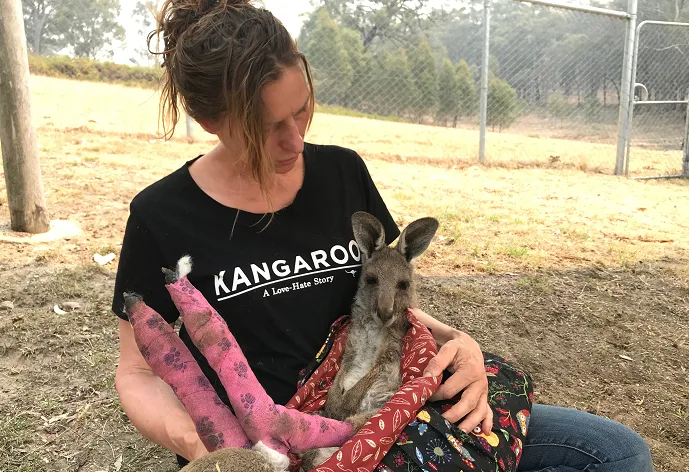
Wildlife Information, Rescue and Education Services (WIRES) Volunteer and carer Tracy Dodd holds a kangaroo with burnt feet pads after being rescued from bushfires in Australia's Blue Mountains area, December 30, 2019. REUTERS/Jill Gralow
So far, the bushfires have destroyed more than 4 million hectares in five states. Kangaroos, wallabies, wombats, and echidnas, have been forced into residential areas and people's homes.
"We don't know (what's happening to the wild animals). We're not getting that many animals coming into care. So, out concern is that they don't come into care because they're not there anymore, basically," Tracy Burgess, a W.I.R.E.S. (Wildlife Information, Rescue And Education Services) told Reuters.







